WAF Commits to ‘C’ Change
We strive to live in a world where collaboration and connectedness is as innate a state in us as it is our natural world, where we can work together in service of all.
We’re sensitive folk, us animal people, we feel things deeply, hence our calling to work with vulnerable wildlife in need of our protection and conservation. In order to best serve our wildlife, we need to look out for - and after - each other.
These are the values WAF’s management team is committed to, going forward, and we would ask, in return, for you to do the same. These values cannot exist in our culture at WAF unless we practice them, every day.
At WAF we…

1. Consider and Care for wildlife
WAF was founded with one clear purpose in mind: to be of service to the wellbeing of British wildlife.
To treat and rehabilitate all creatures, great and small, so that they may be released back to the wild for a second chance at life. We do this in recognition of the sentience of each individual, as well as with an altruistic, holistic aspiration for the whole.

How to:
- You prioritise wellbeing: your own, the patients’, your co-workers’
- You give your focussed attention to each and every patient, whether that’s hands-on or in an administrative setting
- You practice patience and compassion; you handle with care and respect
- You always check twice: you’re working with wild animals!
- You actively seek the knowledge and guidance of experienced experts
- You look for ways to protect wildlife and its environment, and inspire others to do the same

How not to:
- You run on empty and perform your tasks in a slap-dash, distracted manner
- You have an ‘ah, someone else’ll do it’, ‘out of sight, out of mind’ attitude
- You make rash decisions, on your own, without gathering the requisite knowledge or information
- You keep a patient in an untenable state for a protracted length of time because you’re unsure of how to treat it
- You, albeit with best intentions, soothe, stroke and talk to the wild patients in WAF’s care

2. Communicate and Collaborate openly
We work together, building professional relationships and learning from each other.
We conduct ourselves in an honest and authentic manner, and are clear on what we’re personally accountable for. We take every opportunity to explain-educate-inspire.

How to:
- You support the WAF vets in recognition of their clinical expertise and the difficult decisions they often have to make
- You look out for others, remembering that anyone, at any time, may be suffering something you know nothing about
- You offer alternative opportunities to accommodate conversations with groups or individuals, when the present moment is too busy to facilitate a meaningful exchange
- You establish a clear understanding of what is expected from you, and you welcome feedback from others
- You learn and follow WAF’s protocols
- You challenge inappropriate behaviour when you see it
- You keep all lines of communication clear, direct and kind
- You trust that your colleagues intend to act in the best interests of the charity and its patients, and are mindful of this fact at times of high emotion or pressure.
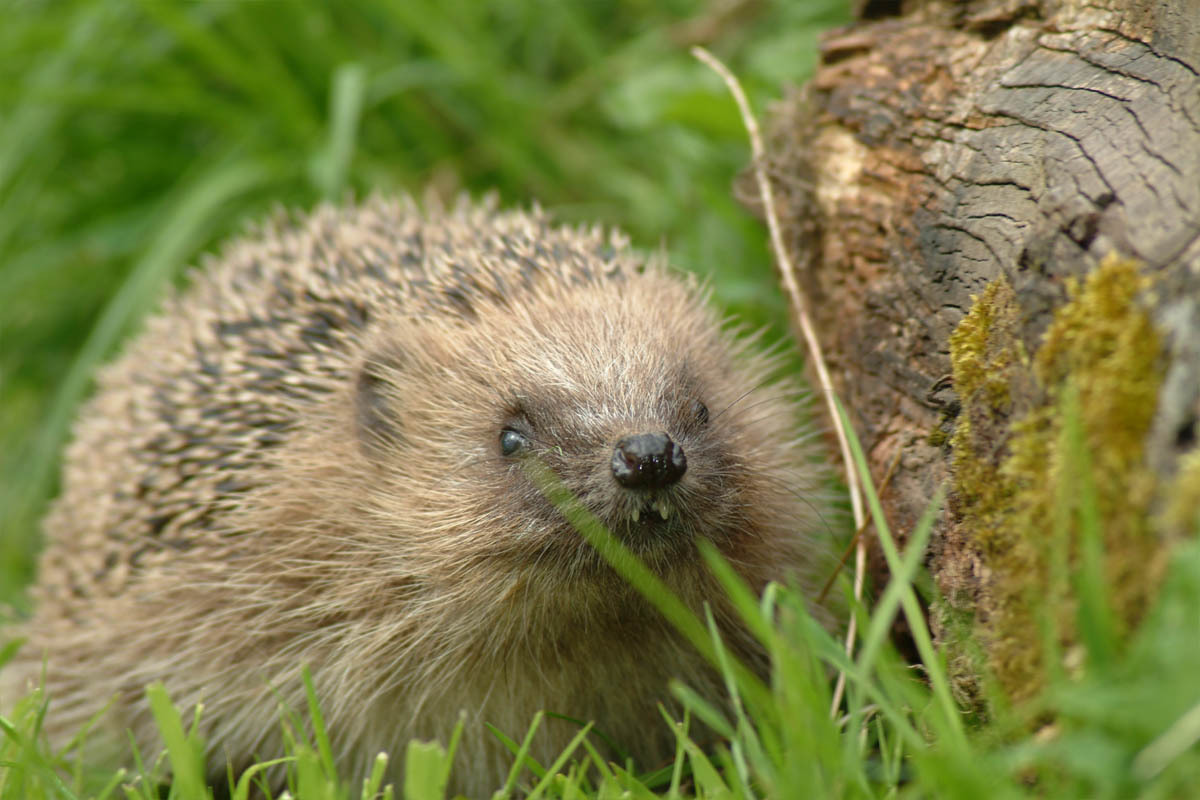
How not to:
- You refuse to accept the clinical assessment of a professional because you’re emotionally invested in the patient
- You engage in gossip and rumours, rather than bringing an issue to light in the appropriate setting
- You are critical of new ideas or those that differ from your own, closed-minded to possibility, unwilling to hear others’ perspectives
- You are not transparent about what you are and aren’t able to do
- You blame others where ‘fault’ is not appropriate
- You keep learnings and information to yourself and act in isolation
- You turn a blind eye when you see something wrong
- You ignore the protocols and guidance of the Wildlife Aid Foundation
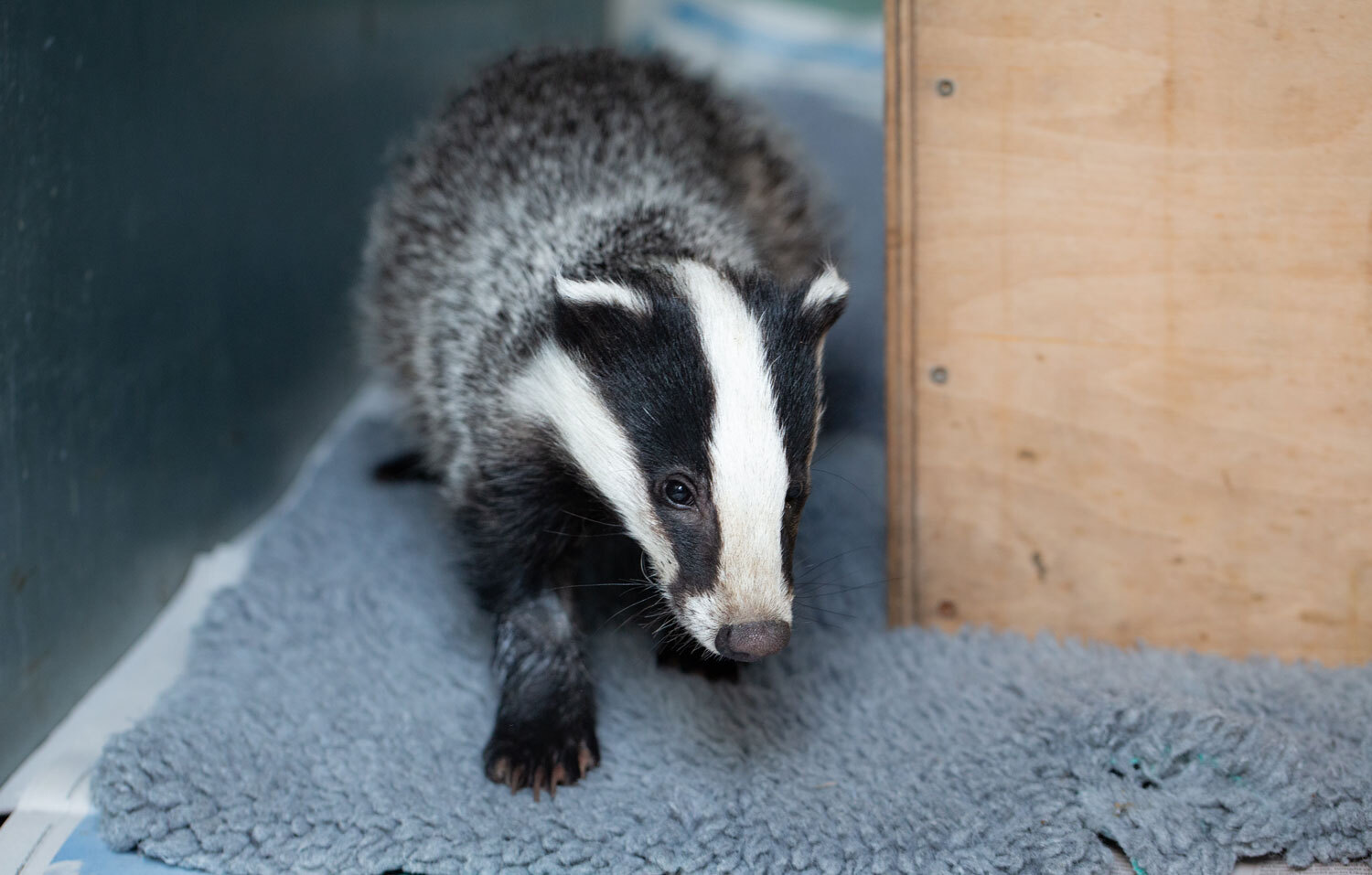
3. Champion our Charity!
Our ultimate aim is for centres like ours not to have to exist!
As such, we take every opportunity to educate the public - and especially children – in how to become able custodians of our planet. To do this, we must do our best to be the message, to take the iDot principal with us, to our homes, our businesses, our schools.

How to:
- You take the time to explain to colleagues, friends, family and members of the public, ways in which animals’ suffering can be prevented
- You share your knowledge and experience with each other
- You welcome collaboration with like-minded organisations
- You appreciate that members of the public can get things wrong, where it comes to wildlife, and you seek to educate rather than scold
- You share WAF’s stories on social media, to raise awareness of the charity and the plight of our wildlife, in general
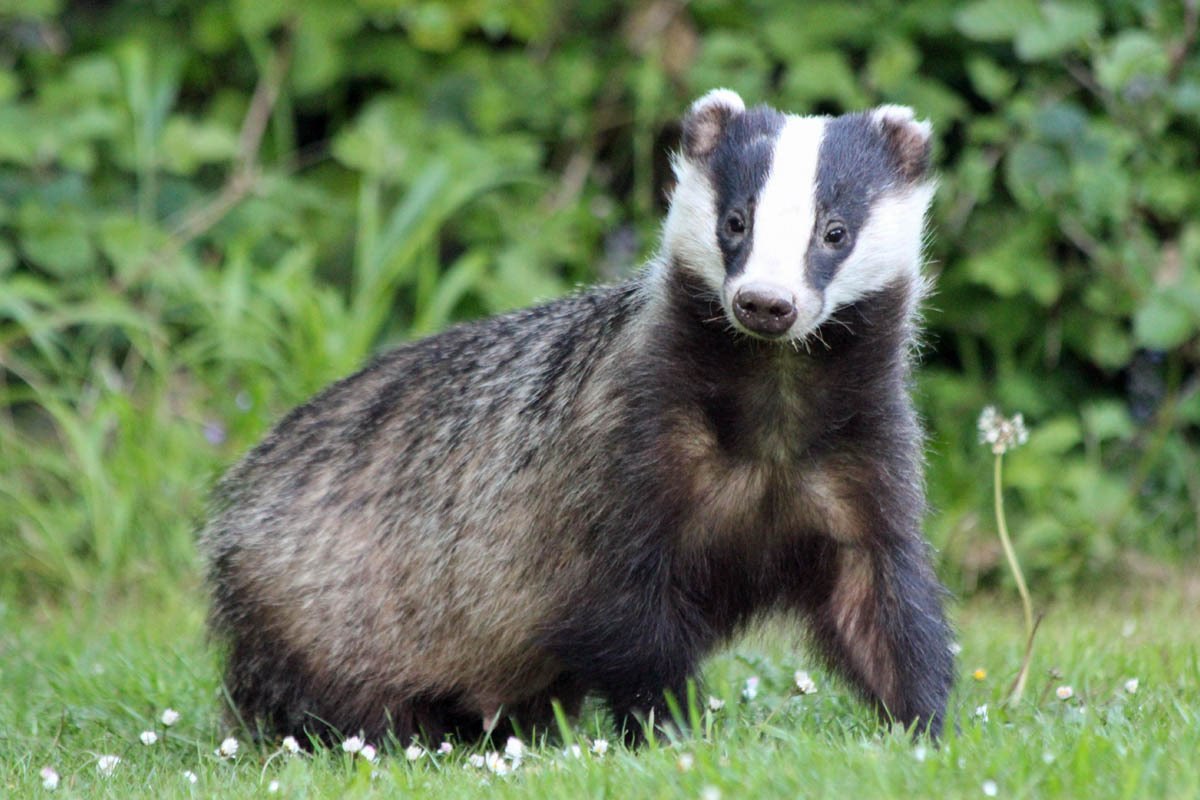
How not to:
- You are patronising and judgemental when talking to colleagues and/or members of the public
- You are disengaged or dismissive of others’ viewpoints
- You hold fast to old ideas and refuse to be open to change
- You limit your care of wildlife and the environment to your time and WAF and act wastefully or negligently at home
- You treat disagreement as an opportunity for conflict, rather than an opportunity to teach and learn
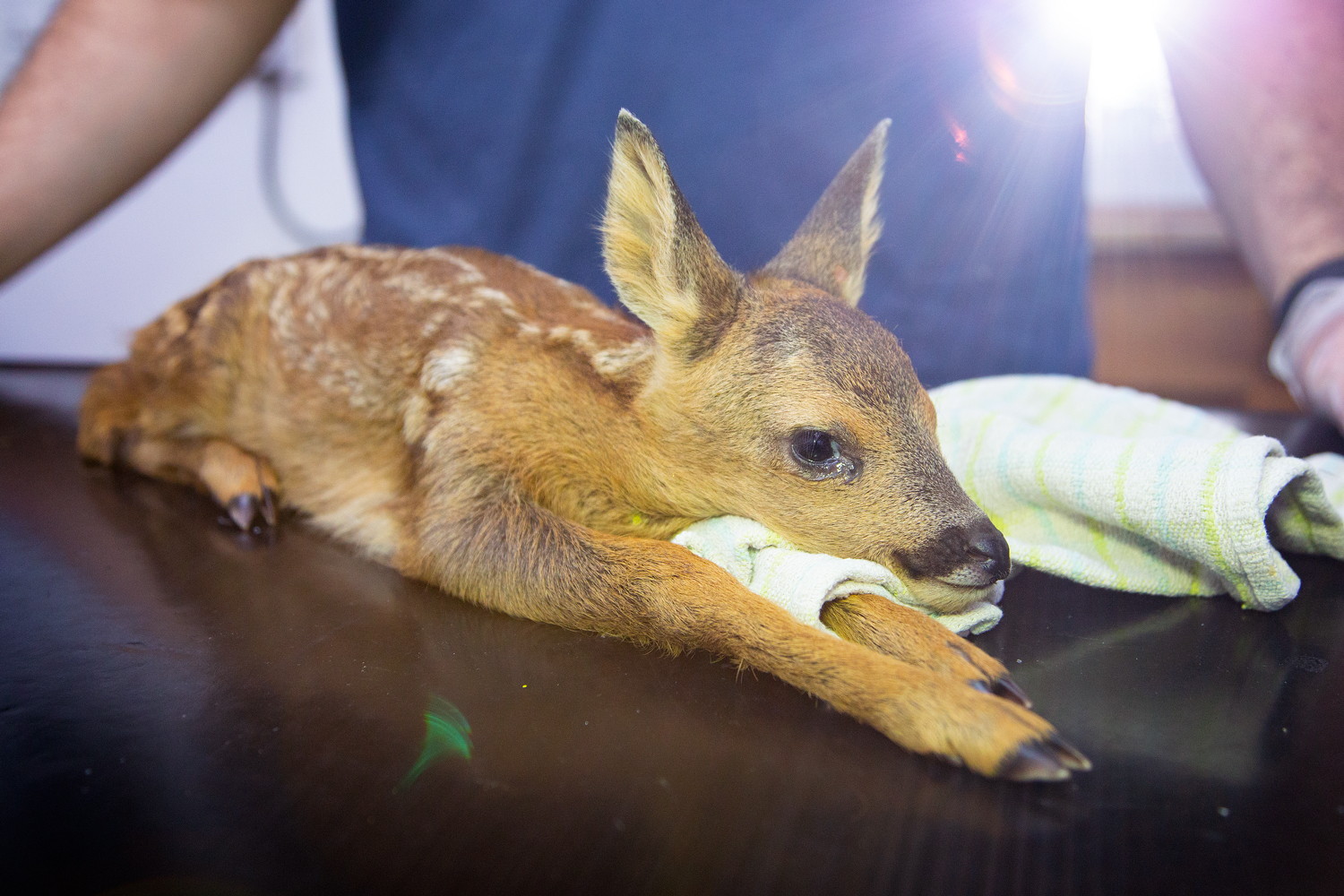
4. Commit to Conserving long-term sustainability
We nurture long-term relationships, both with one another and the world around us.
We strive to find innovative ways in which to communicate our message to the benefit of the health of our planet and its inhabitants. We practice what we preach.
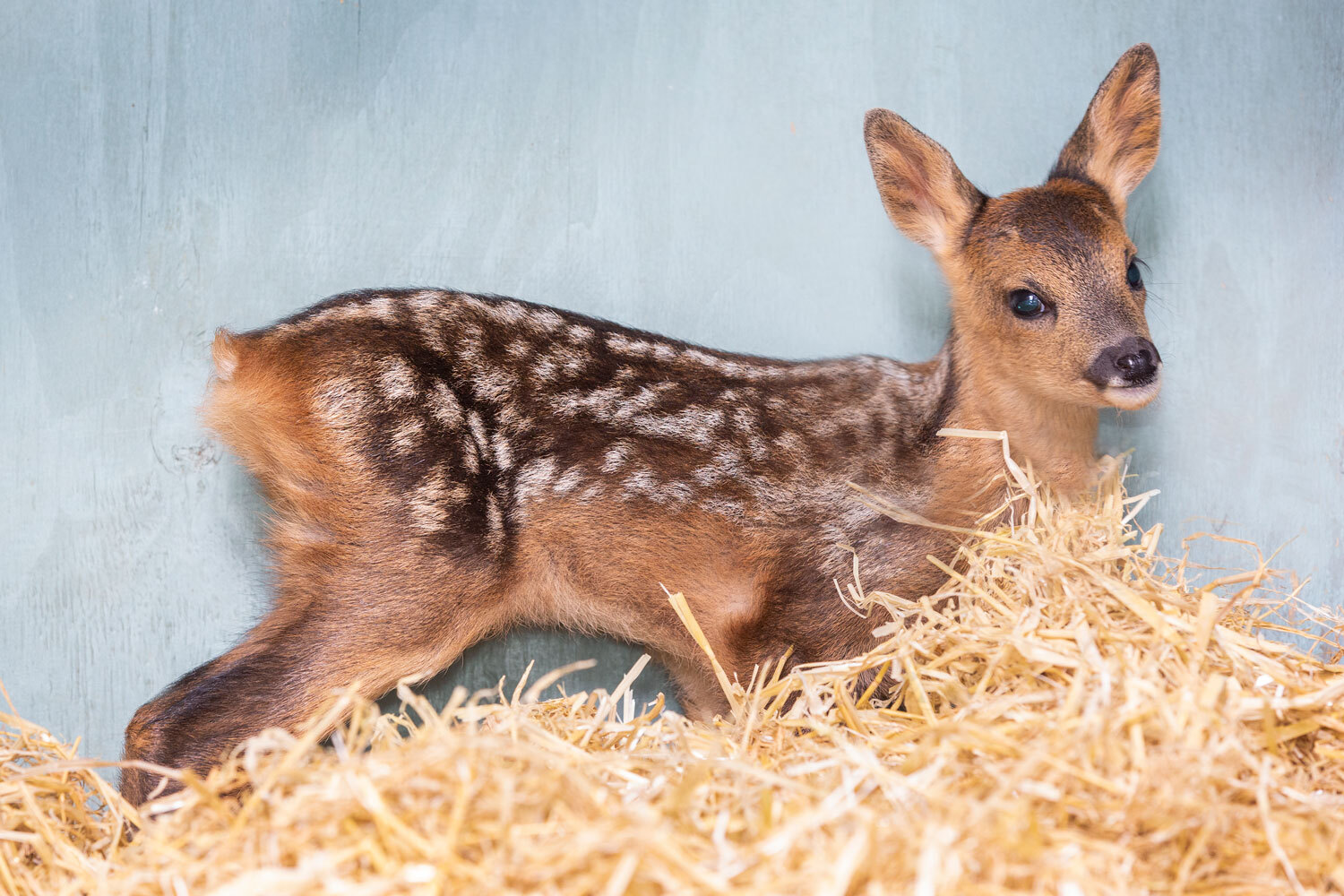
How to:
- You consider the bigger picture and long-term sustainability of the charity in your decision making
- You always seek the best value for money; you spend wisely and appropriately, rather than simply not spending
- You work at a pace, effectively managing your time and duties
- You remain aware of prioritising the important over the urgent, where appropriate
- You take personal responsibility for bringing your best self to your shifts at WAF
- You take care to manage expectations, clearly communicating your plans and intentions
- You trust in your colleagues to receive “no” as an answer, where appropriate
- You protect the reputation of the charity, internally and externally
- You hold WAF’s core aim – the welfare of the animals – at the root of your every working decision

How not to:
- You only consider your own remit and ignore the wider needs of the charity; you purchase items quickly without research or enquiry
- You spend swathes of time chatting about non-WAF-related things, paying little attention to your shift times
- You’re neglectful of your own physical, mental and emotional needs
- You react to situations without thinking through the consequences or what really matters
- You don’t follow through on your promises
By working with WAF, you are committing to ‘C’ Change 😊
